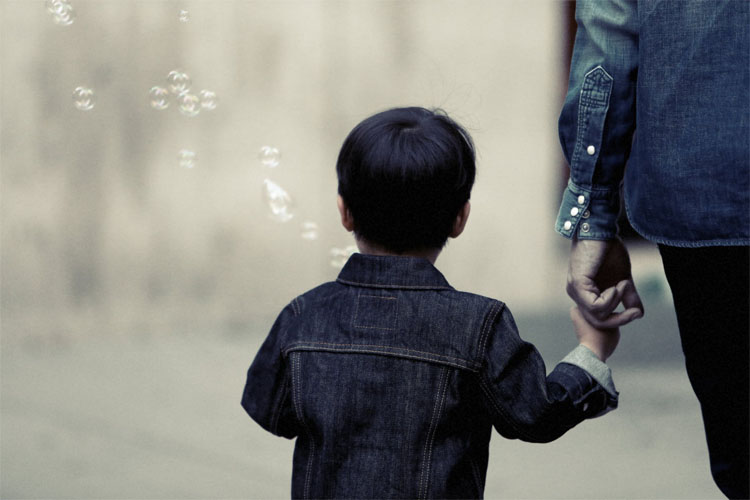Although almost every parent wants great kids, many parents aren’t sure how to get there. Here are three of the most common child discipline mistakes and how to avoid them.
1. Treating children like pets, not people
Starting in the womb, the entire journey of having children is often viewed as a fun new venture for parents, with a completely parent-centered approach to the process that forms a shaky foundation for future discipline.
What makes this outlook so damaging is that it makes it unlikely that parents will do the uncomfortable things required in disciplining happy, well-rounded children. If the parent is unwilling to take the time to teach the child the unpleasant lesson that “Mommy’s voice can’t be ignored,” the child is left to the luck of the draw as he or she darts out into the parking lot as a toddler, or when he or she begins associating with questionable characters after school in junior high.
2. Lack of foresight
By ignoring negative behaviors when a child is small and could be easily taught lessons like “Don’t lie to Mommy” or “We don’t steal candy,” those bad habits can become ingrained.
Instead of laughing off the cute antics of adorable little bold-faced liars, wise parents will envision the same children performing the same acts in 10 or 12 years. If a 3-year-old’s lie seems funny, the parent should hold back the smile and visualize the same child at 15, then an accomplished liar.
Instead of indulging the cherub who refuses vegetables and demands only sweets, parents should picture the same child as an overweight, self-conscious 16-year-old. What can be done today to make his or her life easier then?
3. Assuming discipline = punishment
As health is more than medicine, discipline is more than punishment. Yes, punishment has its place, as does medicine. Still, optimal health means that medicine will rarely be necessary, just as wise discipline causes punishment to be a rare occurrence.
Discipline means “the process of making a disciple.” That process involves a huge host of factors, only one of which is punishment. Other equally vital components of discipline include teaching honesty, respect, reverence, work ethic, health and scheduling.
When parents ignore these other important facets of discipline, their over-emphasis on punishment can send children the unspeakably damaging message that they aren’t loved, which only exacerbates the problem.
Punishment takes discipline, but discipline is more than punishment.

